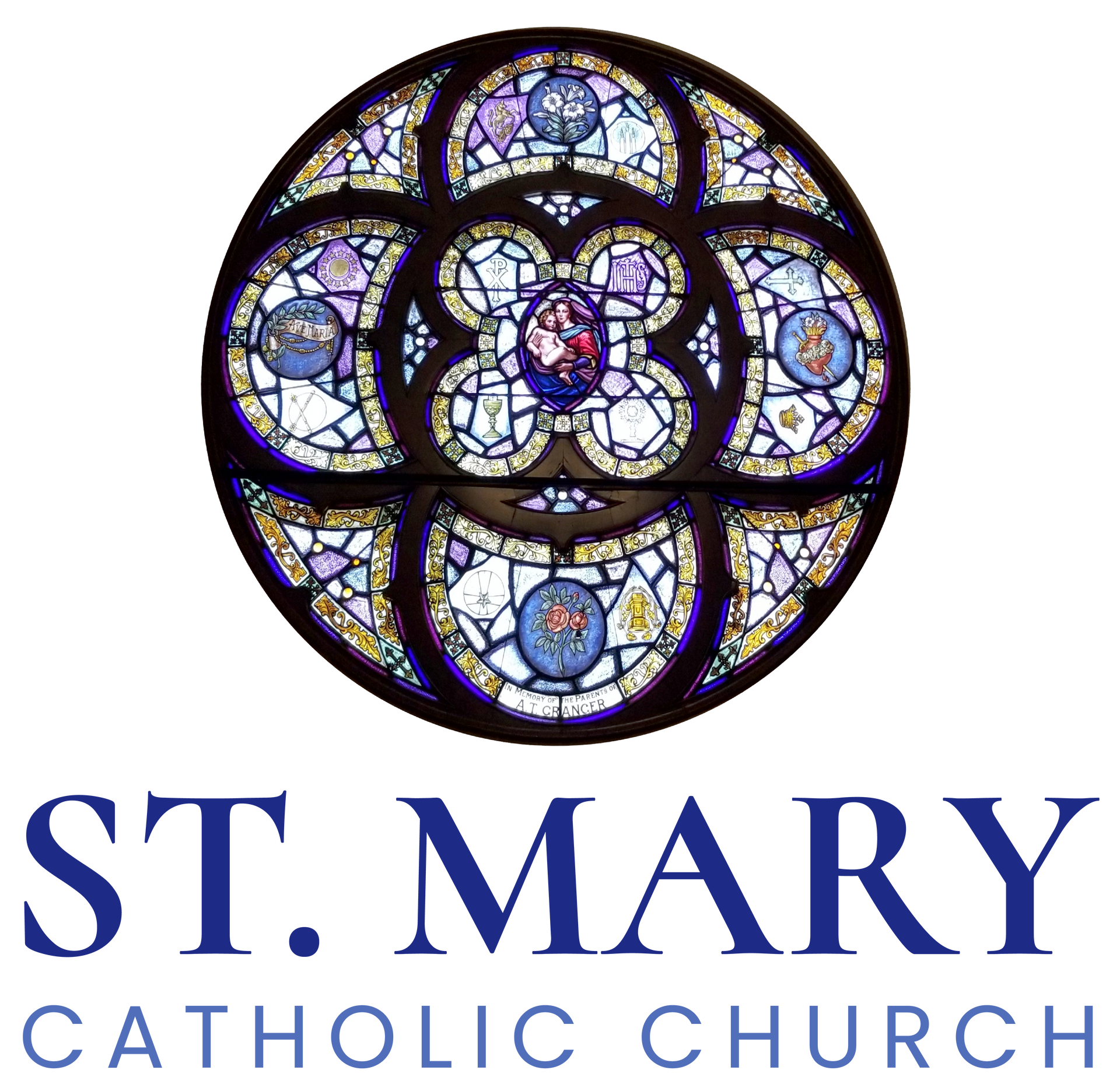Memorial of St. Cajetan

Homily for the Memorial of St. Cajetan
Readings: Numbers 20:1-13; Matthew 16:13-23
By Fr. Ronald Nelson
Dear brothers and sisters in Christ,
Today we celebrate the feast of St. Cajetan, a holy priest and reformer who lived during a time of great moral and ecclesial upheaval in the 16th century. He co-founded the Theatines, a community of priests committed to renewing the Church through poverty, humility, and total trust in Divine Providence. St. Cajetan’s life stands as a powerful witness to the kind of faith that is bold, self-sacrificing, and deeply dependent on God.
The readings today, though not directly about St. Cajetan, can help us to understand the kind of heart he had that was conformed to God’s will, and the dangers of relying on our own will.
In the first reading from the Book of Numbers, we hear of Moses striking the rock at Meribah. The people were complaining again, grumbling for water, doubting God's presence. God instructs Moses to speak to the rock so that water will flow. But instead, Moses strikes it twice. The water does flow, but God rebukes Moses and Aaron for their failure to trust Him and to uphold His holiness before the people. Because of this failure, they are told they will not enter the Promised Land.
This might seem harsh at first glance. After all, Moses had faithfully led the people for years. But the gravity of his role as mediator made it all the more important that he obey God precisely. His action was more than an act of frustration; it was a failure in leadership, a moment where he allowed anger and self-will to obscure the holiness and trustworthiness of God. He let the pressure of the people cloud his obedience to God’s command, and rather than give glory to God who caused the water to flow, made it seem like that he, Moses, had brought forth the water. It would be like me as a priest, “Saying I will make the Eucharist for you.” No, I’m merely God’s instrument. I don’t make the Eucharist.
Now compare that with St. Cajetan. He, too, lived in a time of crisis. The Church was under attack not only from outside forces but from within; there was moral laxity among the clergy, indifference to the poor, and widespread corruption. It would have been easy for him to become embittered, to take matters into his own hands, or to seek worldly solutions. But St. Cajetan responded with faith, with penance, and with the radical decision to reform by example. He gave away his inheritance. He lived in poverty. He relied on God alone for his daily sustenance. He trusted that the renewal of the Church could only come through God's grace, not human manipulation or violence.
In today’s Gospel from Matthew, we see another figure under pressure: Peter. He boldly declares Jesus to be the Messiah, the Son of the Living God. Jesus affirms that this revelation came from the Father, and He promises to build His Church upon this rock. But moments later, when Jesus speaks of His suffering and death, Peter rebukes Him. He cannot accept a suffering Messiah. And Jesus, with piercing clarity, says: “Get behind me, Satan! You are an obstacle to me. You are thinking not as God does, but as human beings do.”
There is a thread that connects these stories: the temptation to do God's work, but in our own way . . . to take control, to impose our vision, to avoid suffering, or to please others rather than God.
St. Cajetan resisted that temptation. He was a man who thought as God does. He saw the Cross not as a failure but as the way to renewal. He did not fear poverty, humiliation, or sacrifice. He trusted that if he built his life on Christ, and not on worldly strategies, God would provide—and He did.
As we celebrate this memorial of St. Cajetan today, we are challenged to reflect upon how we trust Divine Providence. When we face difficulty, whether in ministry, in family life, in health, or in the Church . . . do we try to fix it ourselves, or do we bring it humbly before the Lord and obey His voice? Do we trust that God is at work even when the path leads through suffering?
There are two ways we can learn from the examples provided for us today: the via negativa or the via positiva. We can learn from Moses’ mistake, from Peter’s rebuke . . . the via negativa . . . by not imitating those moments of weakness in their lives; rather, we can learn from Cajetan’s holy example . . . being leaders, parents, ministers . . . being Catholic Christians who do not rely on our own strength but on the grace of God—confident that, even in the desert . . . even in times of desolation, He will bring forth living water if we listen and obey.
Today’s saint is the Patron of workers; gamblers; job seekers; unemployed people; Albania; Italy; Malta; Argentina; Brazil; El Salvador; Guatemala.
He died on August 7, 1547.
Let us ask the intercession of this great Saint: Saint Cajetan, pray for us!


